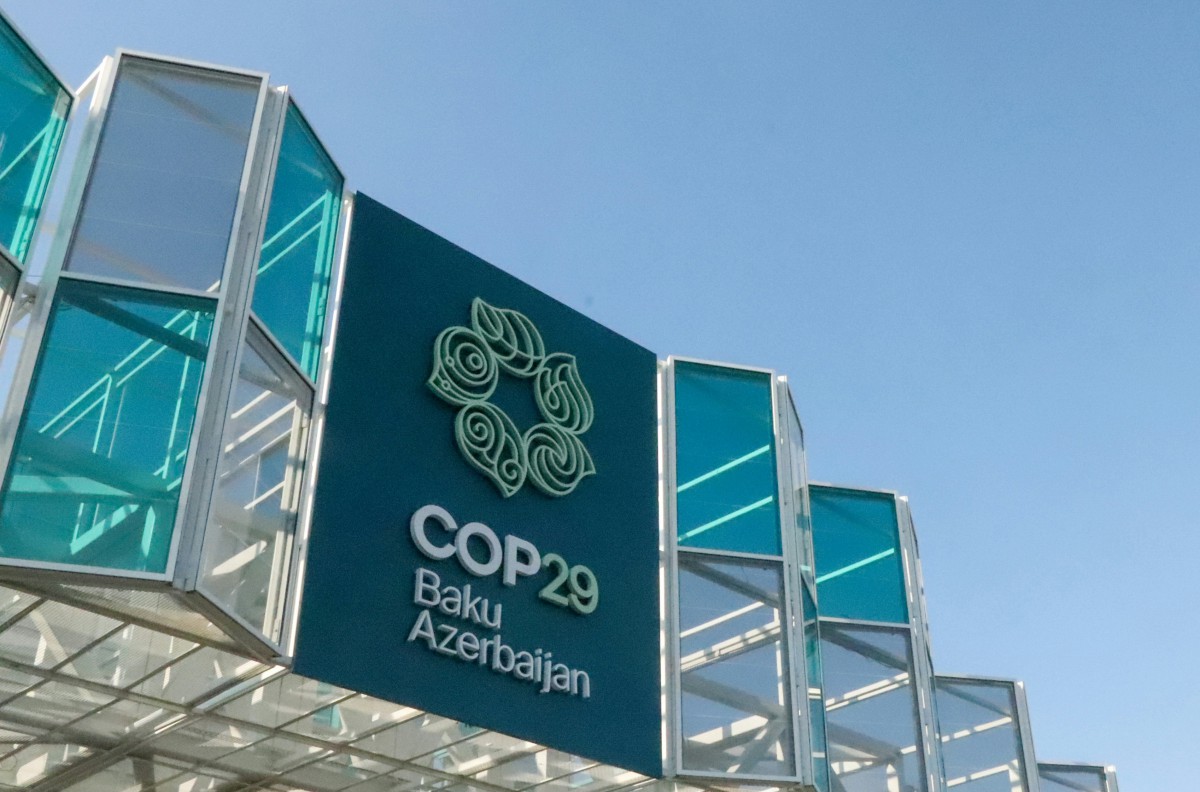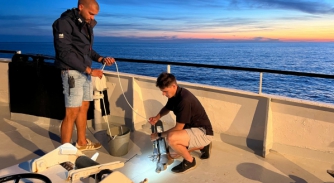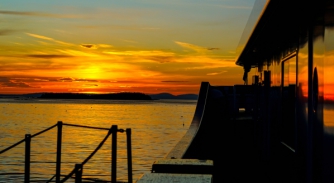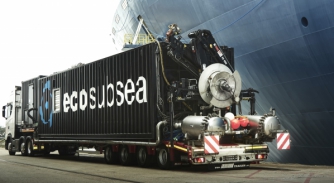COP29 – is it enough?
COP29 has reached a deal providing financing for developing countries to help them tackle climate change, but many say it’s not enough…

The 29th Conference of Parties (COP29) has concluded in Baku, Azerbaijan, after a difficult week of negotiations among the 200 countries attending the UN Climate Summit. This year the focus was on climate justice and agreeing on a deal where developed countries would give funding to developing countries to help them shift to a low-carbon economy. After days of lengthy and tense talks, a deal was finally agreed. In the deal, the developing world should receive at least $1.3tn (£1tn) a year in funds to help them shift to a low-carbon economy and cope with the impacts of extreme weather by 2035.
As with previous editions of the conference, there was plenty of disagreement and controversy: halfway through the meeting, several senior climate leaders wrote a public letter saying COP was not fit for purpose and calling for reform. Most notably, many say the deal isn’t enough, especially as only $300bn of the funds will come through low-interest loans and grants, which are the most needed, with protestors and nations calling the deal “too little too late”.
Included within the calls to do more was a letter co-authored by 23 leading environmental NGOs calling on world leaders to recognise the crucial role of the oceans in supporting coastal communities and the fight against climate change. This is despite the existence of the Ocean Pavilion at COP29 where multiple talks were held about the efforts that need to be made in the marine space and maritime industry.
Shipping’s climate role and biodiversity
The shipping industry is responsible for transporting around 90 per cent of the world’s goods and is clearly a fundamental part of the global economy but it also contributes significantly to climate change and the transfer of invasive species.
This topic was addressed in a panel discussion titled Navigating the Future: Bridging Shipping, Biodiversity and Decarbonization with Dr Christer Øpstad, Global R&D Director of Fouling Protection at Jotun, joined by representatives from the World Shipping Council, National Oceanic and Atmospheric Administration (NOAA), and Island Innovation’s Caribbean Climate Justice Leaders Academy. The panel discussed what the maritime sector can do within its position at the nexus of climate, ocean and biodiversity using the solutions it has available. Jotun was there specifically to highlight the dangers of biofouling and, hence, the importance of antifouling.
Even a small number of organisms living on the hull of a ship can lead to a 19 per cent increase in emissions due to the increased amount of fuel required to overcome the additional resistance they create.
“From our perspective, biodiversity and climate are directly interlinked through biofouling,” said Øpstad. He referenced a report that found 70 per cent of recent bio invasions are introduced via a fouled ship hull. Evidently, biofouling introduces significant risks to local organisms, mainly from invasive species which push out local species and further disrupt ecosystems. This affects not only the environment but there are instances where these bio invasions also affect human activities and communities. Øpstad gave an example local to him of the invasion of the Pacific oyster, which causes significant harm to local marine life, especially along the coast of Norway.
“Considering that shipping accounts for about 3 per cent of global emissions, this is a major concern. By keeping hulls clean, we can largely avoid these additional emissions and biosecurity risks,” he said.
However, these aren’t the only issues brought about by biofouling, it can also bring extra costs. Øpstad referred to another report, published in 2022, which found that even a small number of organisms living on the hull of a ship can lead to a 19 per cent increase in emissions due to the increased amount of fuel required to overcome the additional resistance they create.
While again this year mainly the focus has been on the wider shipping industry, the principles still apply to the yachting industry, especially, as was highlighted, as reducing fouling on vessels will lower fuel costs and other maintenance costs. Also, people often want to spend time on yachts to be close to the ocean, and if the ocean has no biodiversity, or is otherwise an unpleasant place to be in and around, then this desire will dwindle.
While this marks another year with minimal mention of the recreational boating sector, the inclusion of shipping at these panels at COP highlights the role maritime activities can have, especially as decisions made and influenced here can have knock-on effects. A wider effect demonstrated this year is the increased protests against climate injustice, with more people demanding that those with the capacity fund a decarbonised, more environmentally friendly future around the world.
Profile links
NEW: Sign up for SuperyachtNewsweek!
Get the latest weekly news, in-depth reports, intelligence, and strategic insights, delivered directly from The Superyacht Group's editors and market analysts.
Stay at the forefront of the superyacht industry with SuperyachtNewsweek
Click here to become part of The Superyacht Group community, and join us in our mission to make this industry accessible to all, and prosperous for the long-term. We are offering access to the superyacht industry’s most comprehensive and longstanding archive of business-critical information, as well as a comprehensive, real-time superyacht fleet database, for just £10 per month, because we are One Industry with One Mission. Sign up here.
Related news

Can superyachts be vessels for change?
Despite recent events putting superyachts under the spotlight, various initiatives are in place to create positive impacts
Crew

Activists attack again
Rising Sun and Lion have been doused in black paint in Barcelona’s Port Vell, just months after the same group carried out similar attacks on Kaos
Fleet

Don’t be left high and dry
Nigel Marrison, founder of Blue ESG, says how we tackle global-emissions goals will determine the very future of superyachts
Crew

Biofouling goes deeper than fuel efficiency
Tor M. Østervold, CEO of ECOsubsea, discusses the biodiversity crisis and the superyacht industry's global responsibility
Technology
Related news
Can superyachts be vessels for change?
7 months ago
Activists attack again
11 months ago
Don’t be left high and dry
2 years ago
Biofouling goes deeper than fuel efficiency
4 years ago
NEW: Sign up for
SuperyachtNewsweek!
Get the latest weekly news, in-depth reports, intelligence, and strategic insights, delivered directly from The Superyacht Group's editors and market analysts.
Stay at the forefront of the superyacht industry with SuperyachtNewsweek



